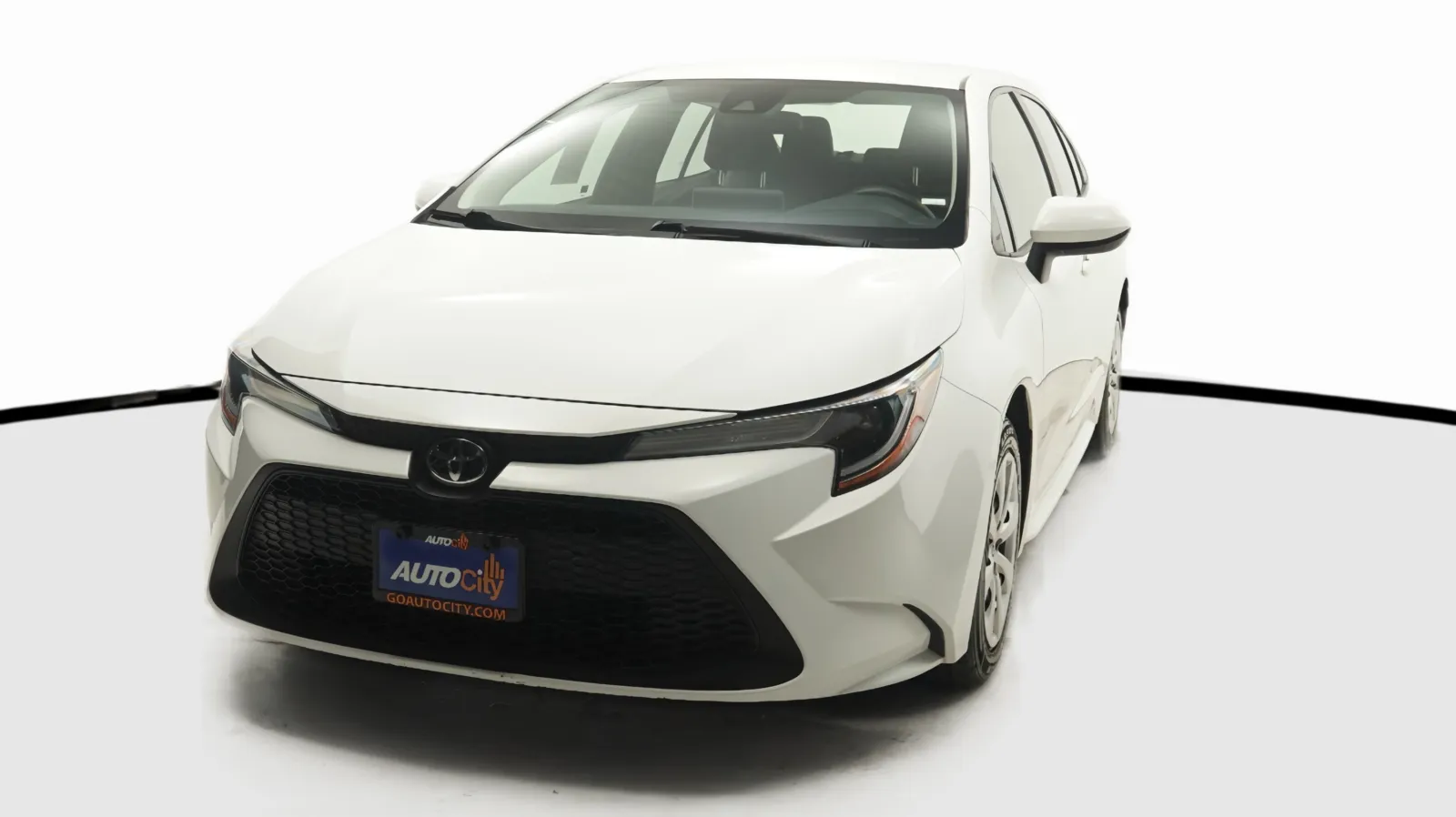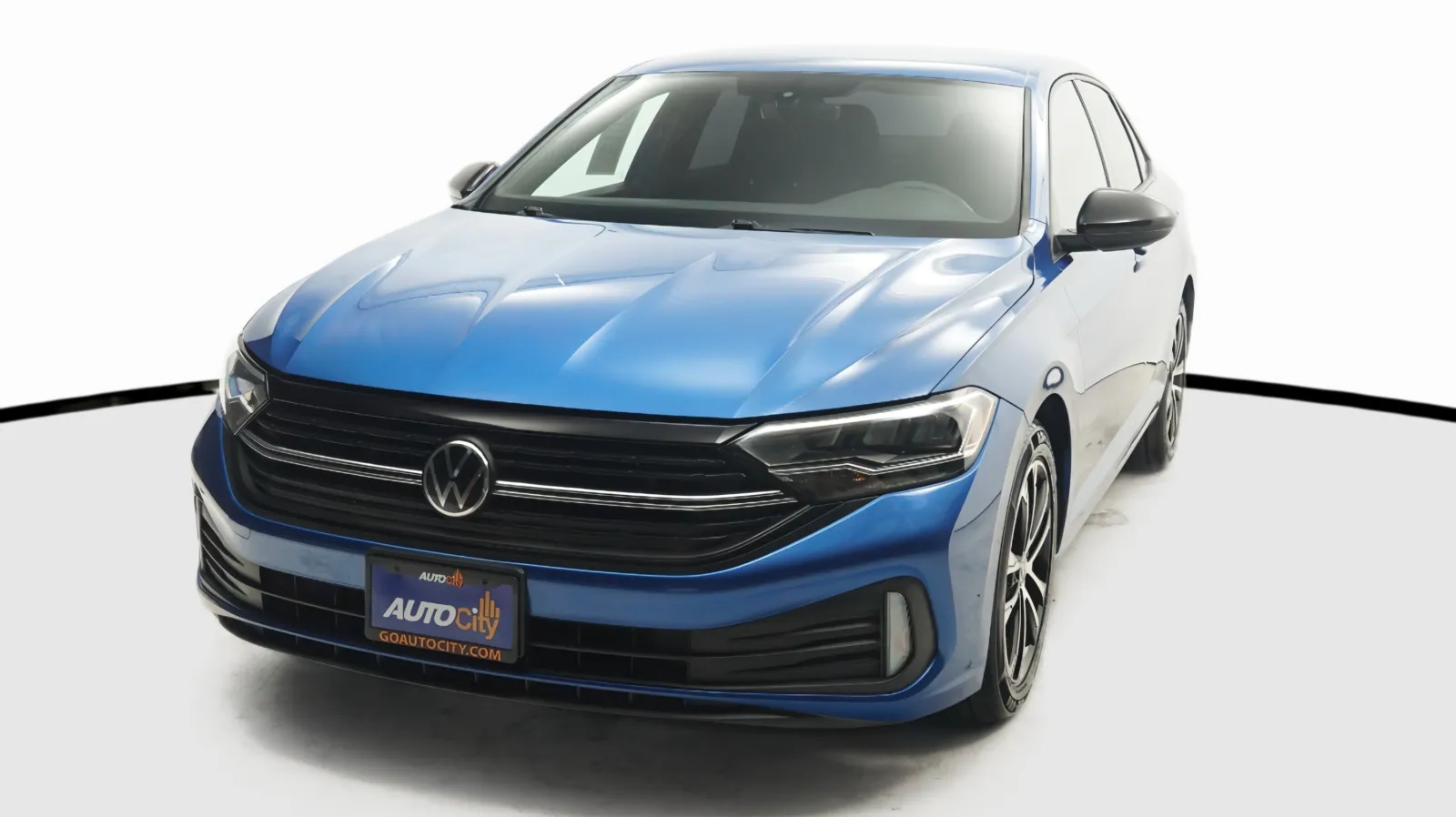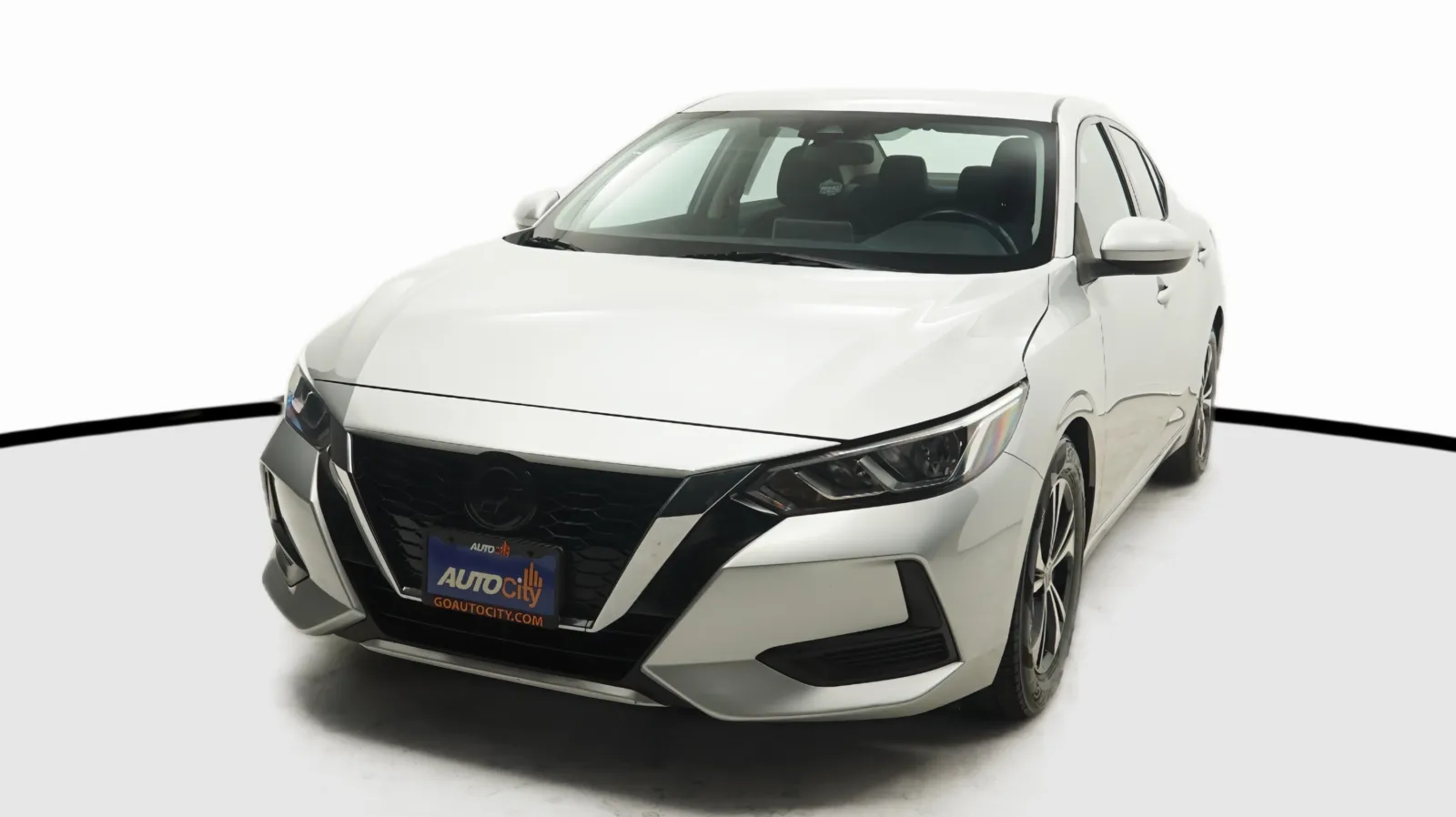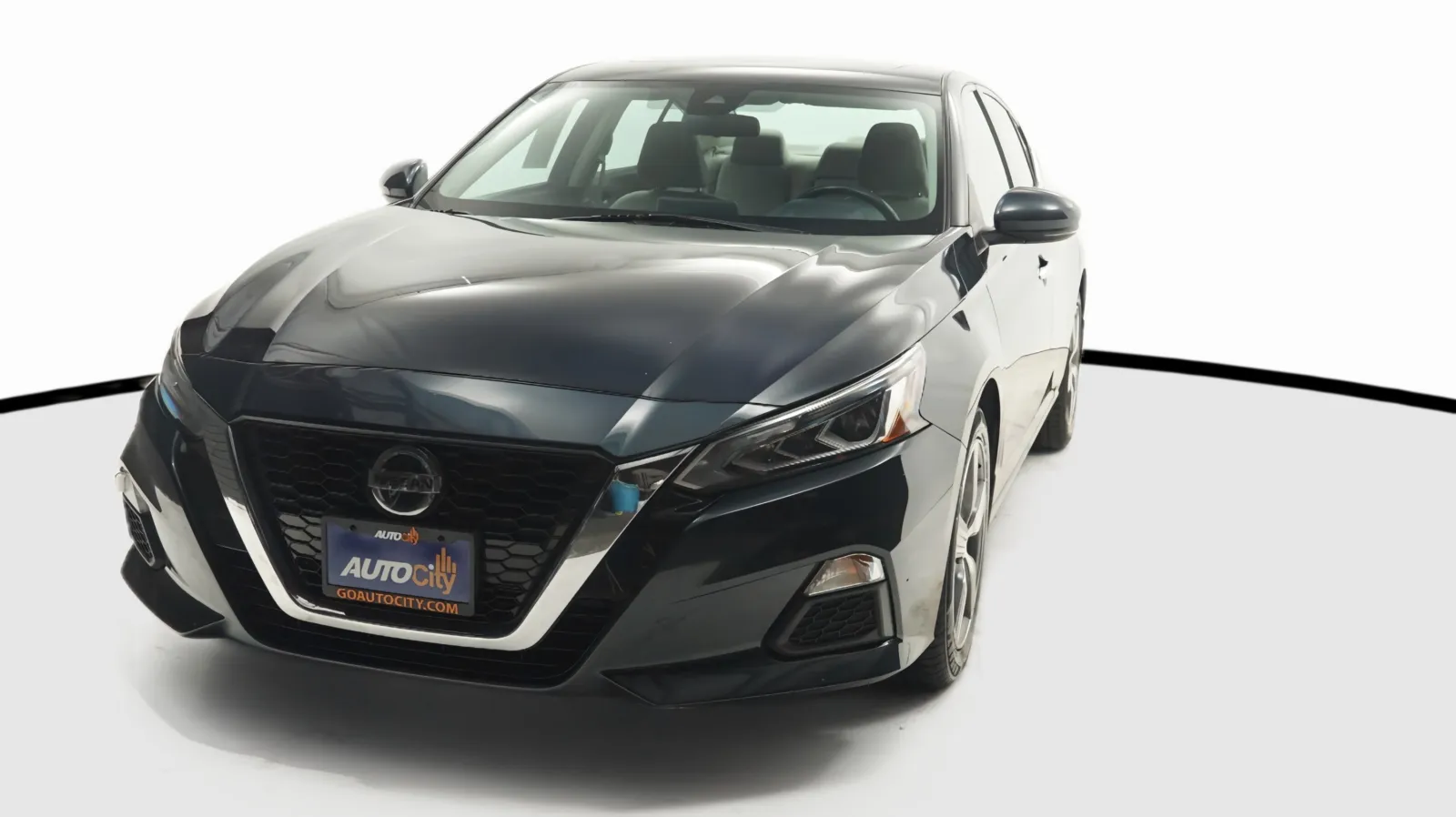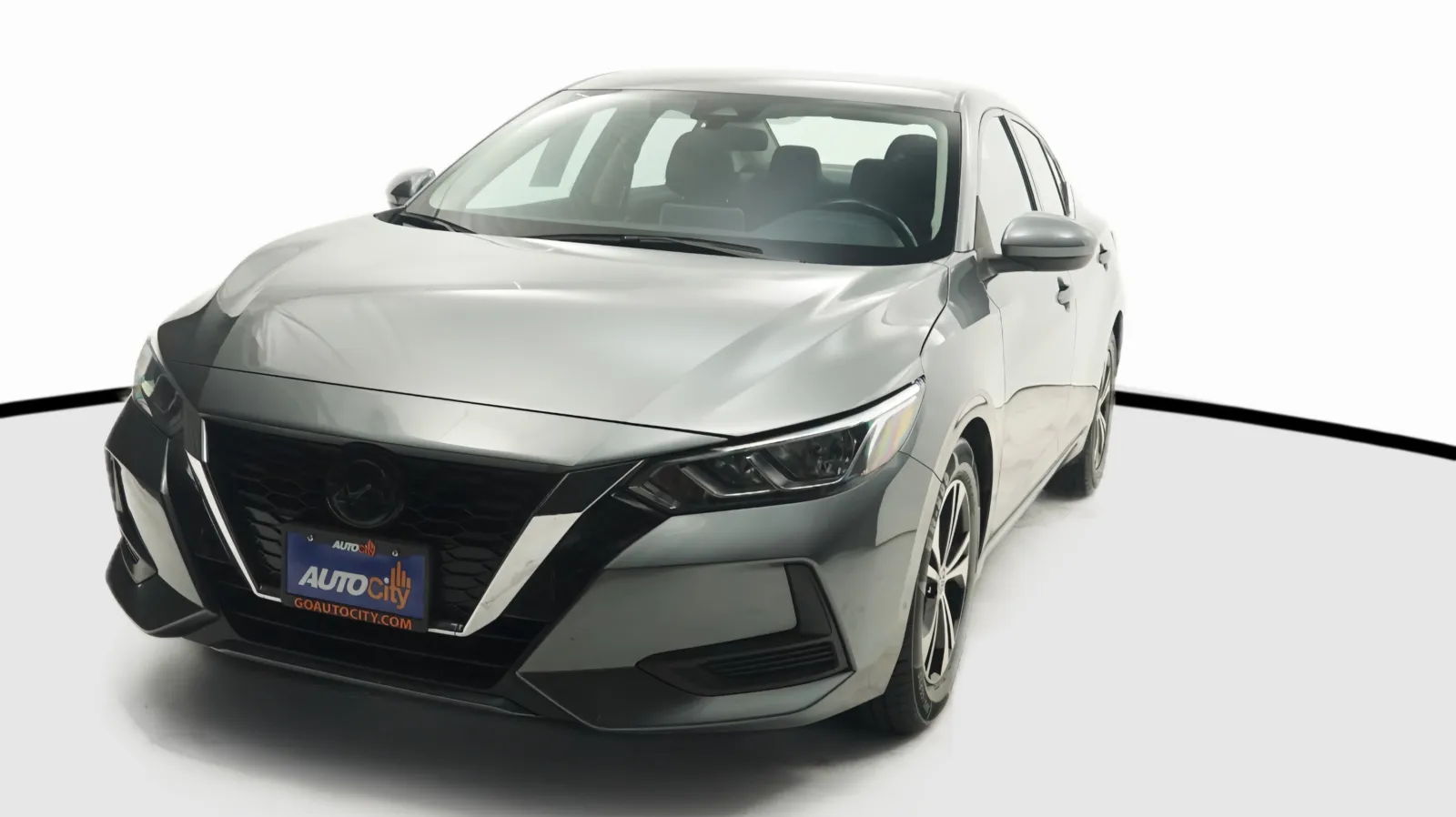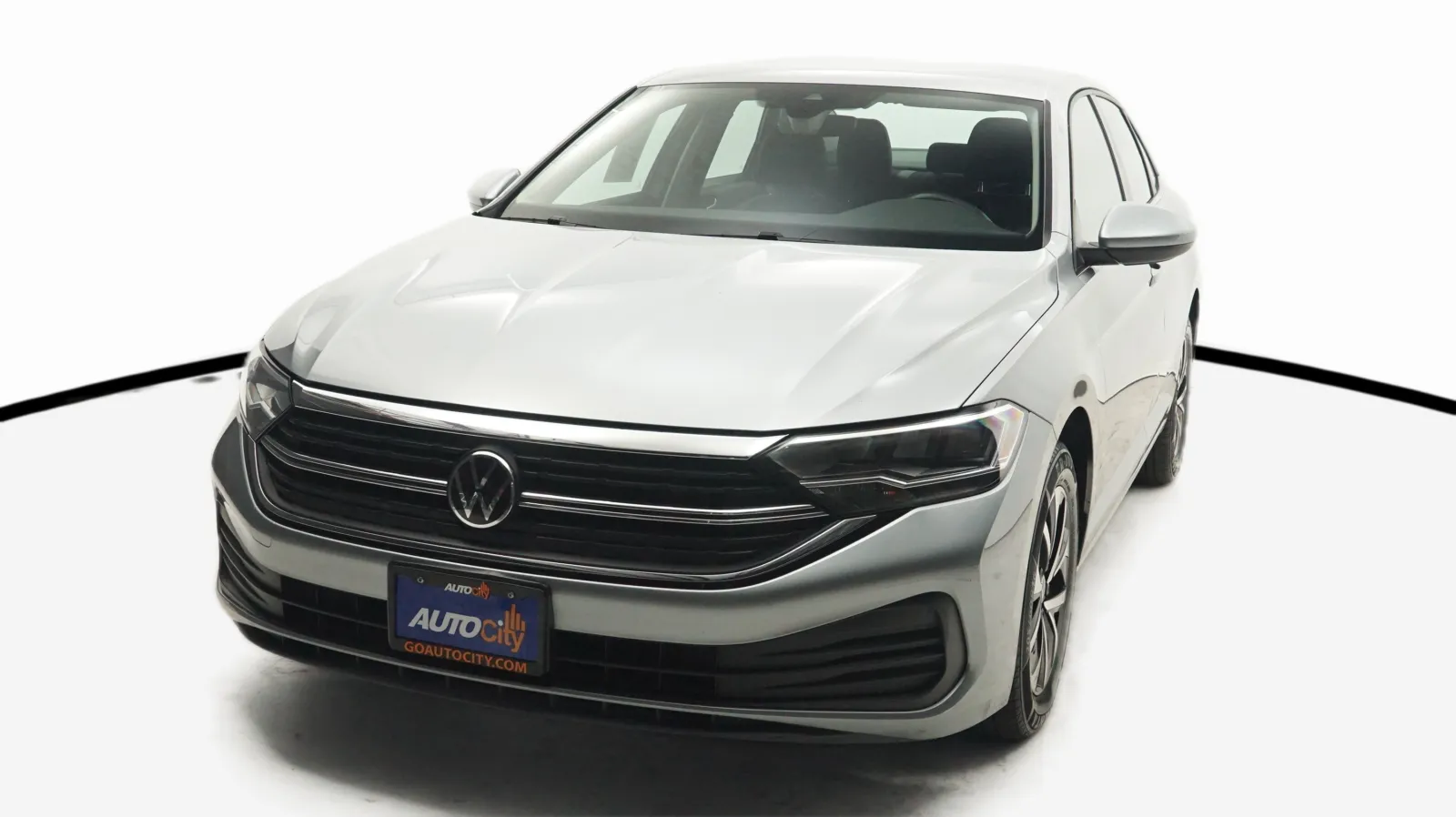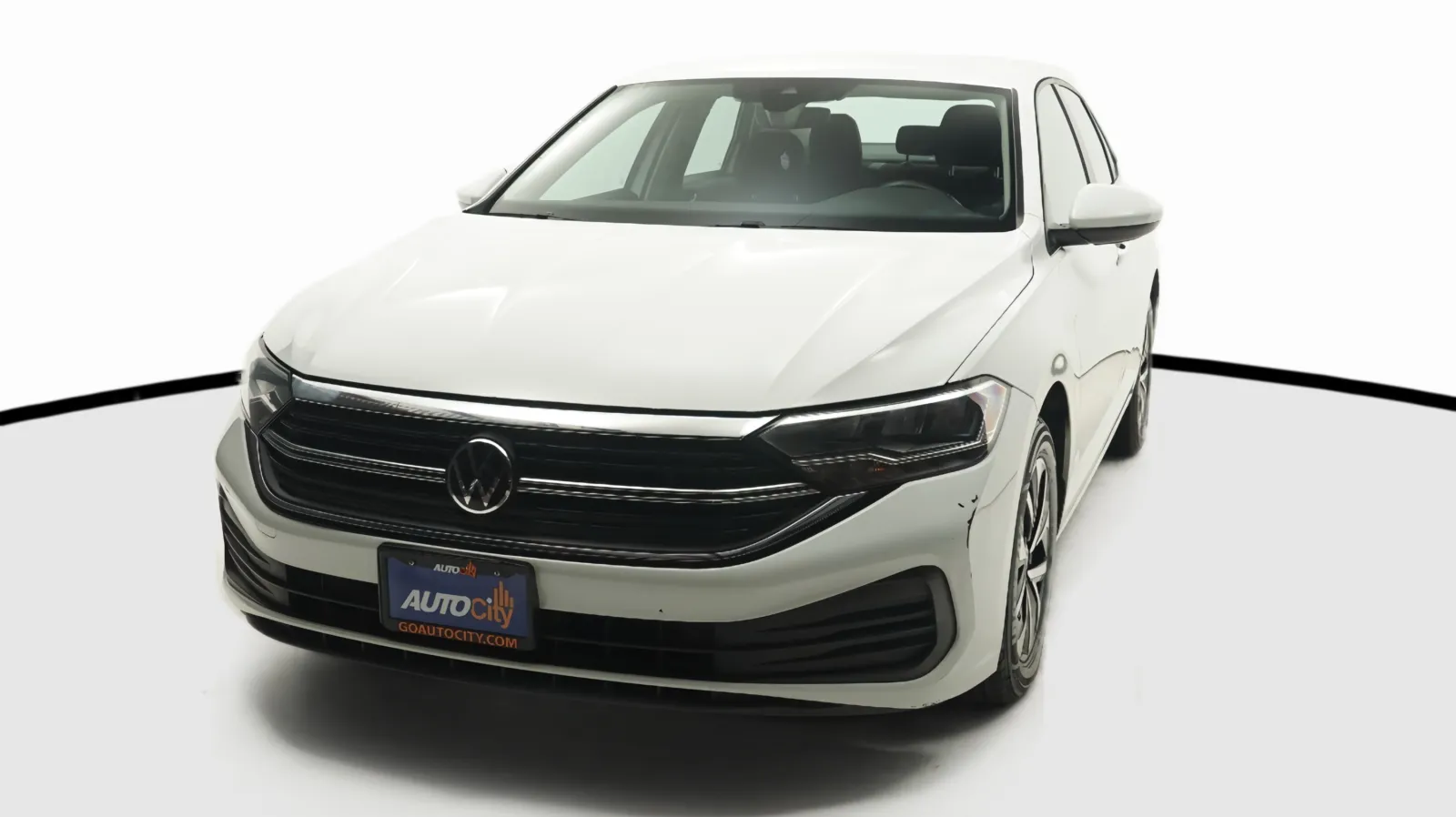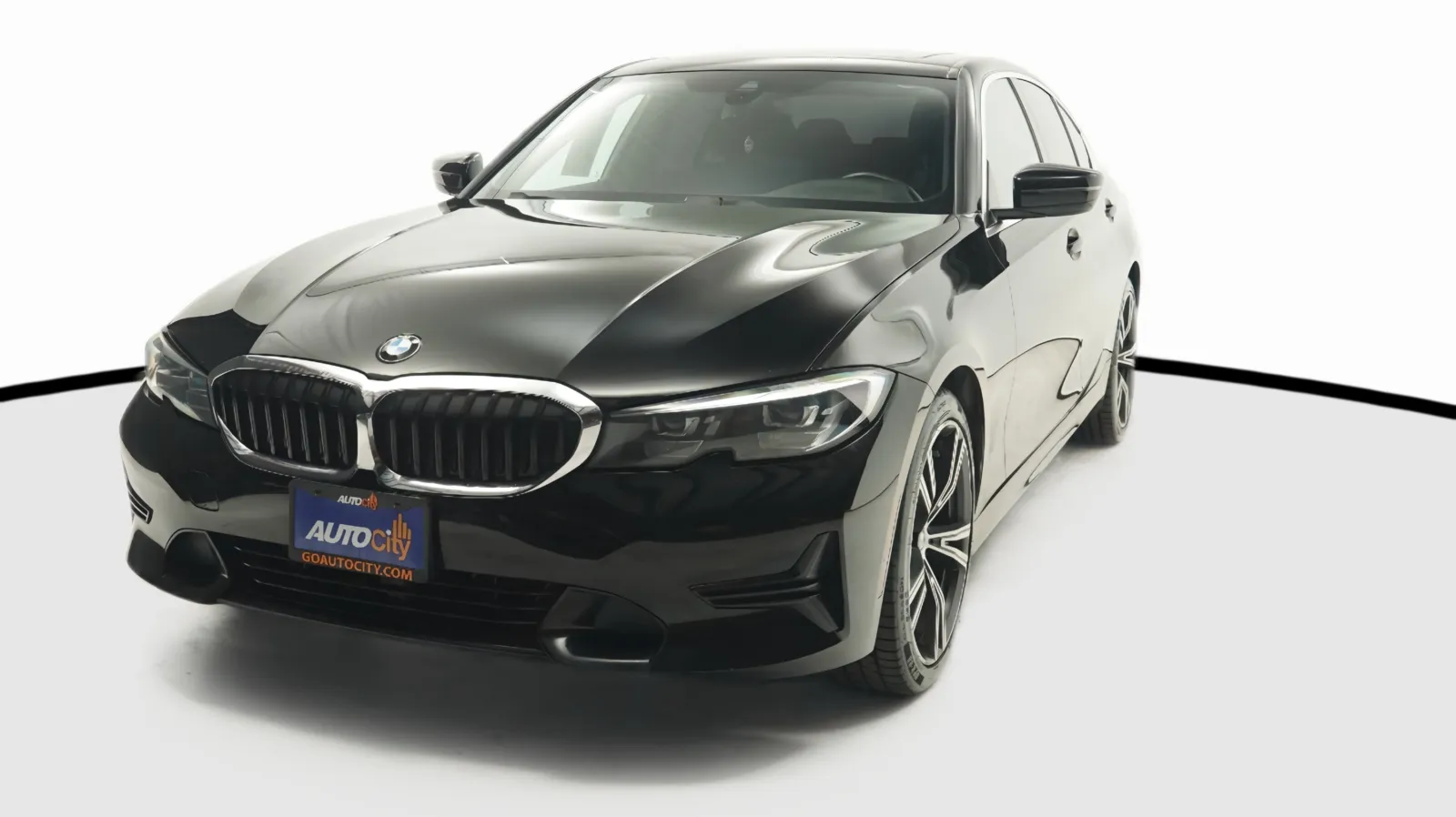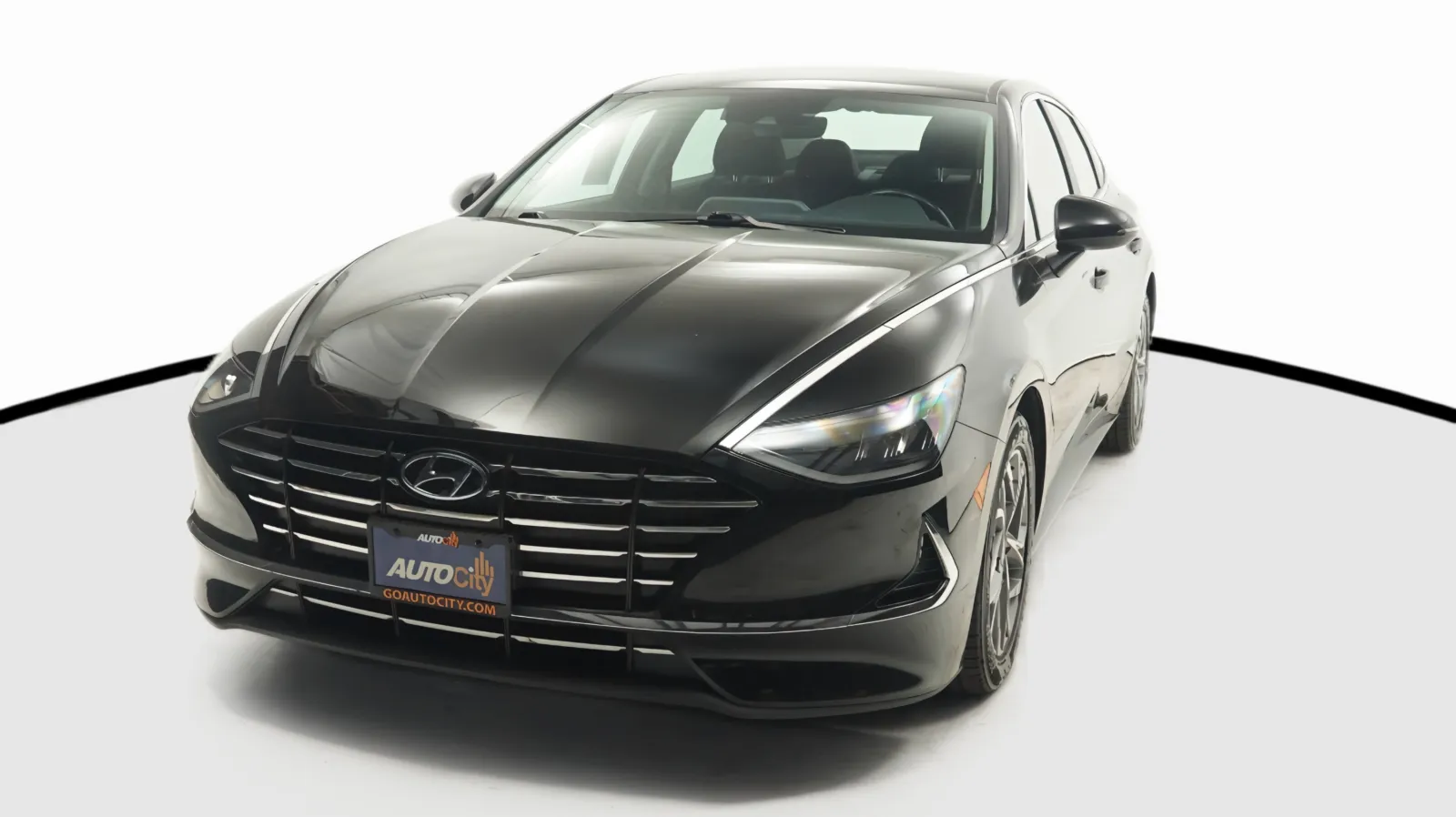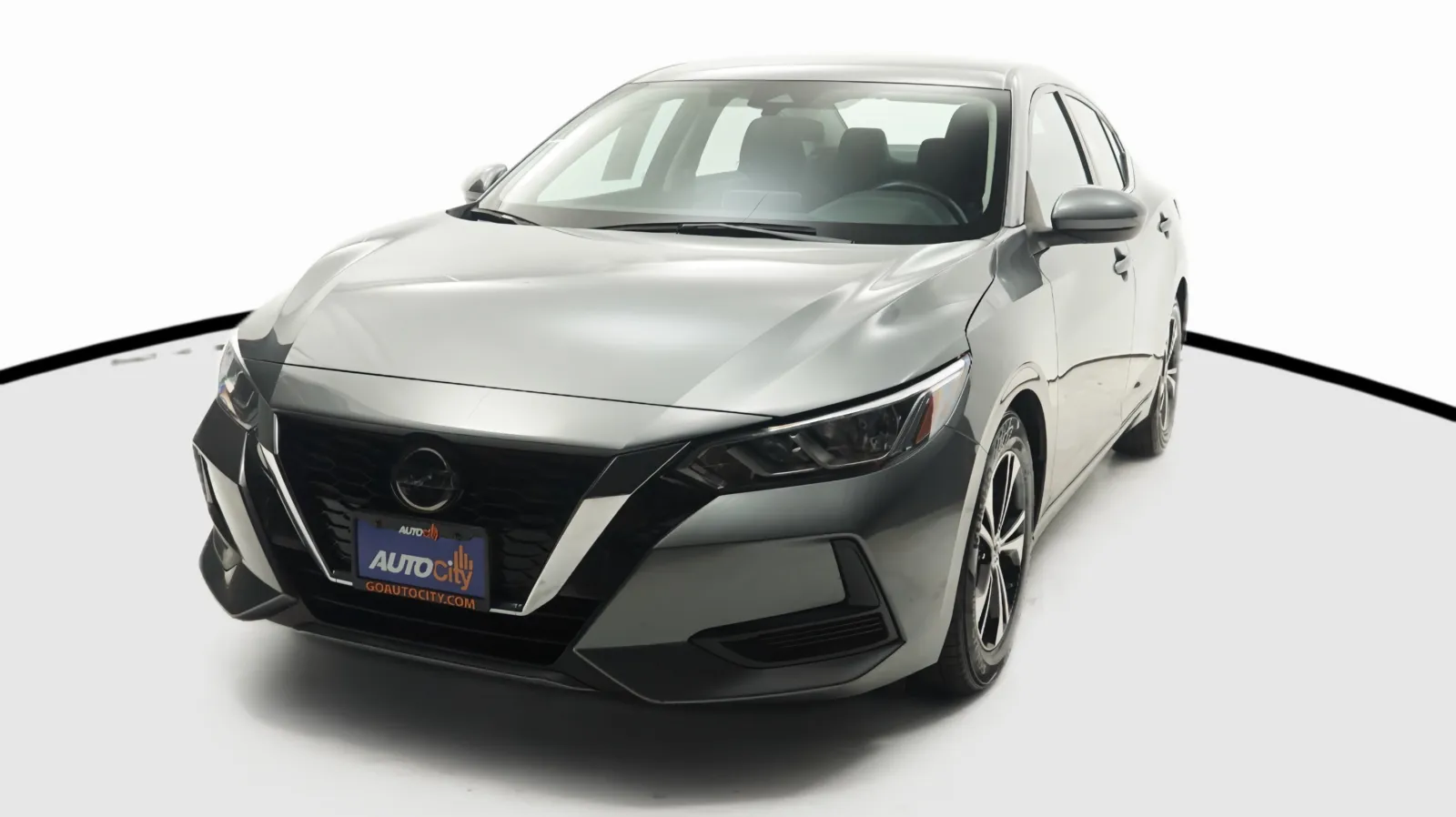When Will Gasoline Cars Become Obsolete?
Table of Contents
When Will Gasoline Cars Become Obsolete?

If you live in California, you might have a somewhat skewed perspective on this because electric vehicles make up more of the overall fleet of cars here than any other state in the US—but it’s the exception to the rule, and it’s still a tiny percentage ( about 2.1% in 2018 ). In most places throughout the US, there are very few non-gasoline cars. Sure, you’ll see plenty of hybrids, but those are still running on gasoline much of the time, typically supplemented by a beefier battery that gets recharged off braking energy or plug-in power charging. Very few vehicles on the road don’t use any gasoline (or diesel fuel) at all. So when will gasoline cars become obsolete? Or will they ever become obsolete? Let’s see what we can find out!
The Alternative to Gasoline Cars is Electric Cars

The main alternative to gasoline cars right now are electric cars. Back in the 1990s there was an attempt to get electric cars into the market, but it simply didn’t work. The technology wasn’t good enough back then, so the attempt fizzled. Now that the technologies involved have improved by leaps and bounds in the past 30 years, electric cars are back on the rise. But they have a long way to go before the beat out gasoline cars. Still, there are a lot of reasons to consider buying one, which we’ve previously written about in 8 Benefits of Buying an Electric Car .
Electric vehicles (EVs) are definitely on the rise. In 2018, there were 208,000 EV registrations, which was more than twice as many as were registered in 2017—and half of the EV registrations in 2018 were all in the state of California. Then again, half the states in the US each have fewer than 2,000 total EVs registered . The extent to which EVs catch in any stat is largely driven by what state government incentives have been put in place to make the switch more attractive to consumers, and which states have create policies that force automakers to sell electric vehicles. California recently made headlines when Governor Gavin Newsom signed an executive order to ban the sale of new gasoline-powered cars by 2035 throughout the Golden State.
Setting aside California for the moment, even if 350,000 electric vehicles are sold in 2020, which is the current estimate, that will still only represent a tiny little 2% share of the overall US fleet of vehicles. In other words, it’s easy to think that EVs have a very long road ahead before they make gasoline cars obsolete.
IHS Markit: EV Mass Adoption Inevitable yet Elusive

One of the oldest business intelligence and information analysis companies in the world is IHS Markit, and earlier this year they published an extensive analysis of all-electric vehicles , which it refers to as battery electric vehicles (BEVs). While many experts might highlight one “tipping point” that would pave the way to BEVs overtaking gasoline cars, IHS Markit notes that the market forces at play are complex and differ on a regional basis. But there are two main aspects to consider here:
Retail Price Parity: It’s simple enough to say when the prices for EVs come down to same levels as gasoline cars, this will ensure they gain market share of vehicles sold. The battery packs that go into BEVs are expensive, often representing up to 25% of the manufacturer suggested retail price (MSRP). It makes EVs more expensive than gasoline cars. But the governments, both state and national, can and do step in with incentives to bring the price down enough to make EVs more attractive to car buyers. At the same time, the costs of the battery packs is coming down pretty steadily, so at some point retail price parity will happen. It’s just a matter of when.
The Convenience Factor: While electric car infrastructure is being worked on, it is far from being as convenient as the gas stations you see everywhere in most parts of the country. In many places, buying an EV is actually taking a step backwards in this convenience factor compared to gasoline cars. Even if retail price parity is achieved, this convenience factor is going to remain a serious psychological barrier that stands in the way of widespread electric vehicle adoption. And it’s not just the availability of charging stations, but how fast it takes to charge. Until EV car batteries can be charged as fast as filling up a gas tank, it’s another convenience factor barrier to adoption.
In the end, IHS Markit thinks that the currently estimated 2% of the vehicle fleet that are EVs will rise to 1.1 million by 2025 to be 7% of the fleet . Gaining ground, yes, but certainly far from making gasoline cars obsolete. Meanwhile, other technologies are in development, such as roads paved with durable solar panels that wirelessly charge EV batteries while the car travels on them. Needless to say, that’s a huge infrastructure project to contemplate in the US, where many roads and bridges and other critical infrastructure have been ignored for decades.
Toyota Says Gasoline Cars Will be Obsolete by 2050

Toyota holds the prestigious title of the world’s best-selling car maker, so it makes sense to see what their thinking is when it comes to gasoline cars becoming obsolete. In short, they’re saying it could happen by 2050, which feels like a much faster timeframe than what IHS Markit sees. But we all know a LOT can happen in 50 years, right? So maybe it’s not so unlikely. Think about what we didn’t have in terms of technology 50 years ago such as personal computers, the internet, smartphones, etc. and it doesn’t seem so crazy after all.
Perhaps the most shocking part of Toyota’s prediction, however, is that it’s not focused on electric vehicles at all. It’s banking on the rise of hydrogen fuel-cell technology! Both EVs and fuel-cell cars run on electricity, but in a BEV the electricity is stored in batteries, while in a fuel-cell vehicle the electricity is produced onboard in the vehicle by extracting electrons from hydrogen gas as its forced through fuel-cell membranes.
Toyota has been selling its fuel-cell Mirai sedan for nearly five years now, but the cars face huge cost, scale, and convenience barriers. You may see electric vehicle charging stations, but have you seen a hydrogen filling station? Probably not. There a maybe fifty such filling stations in the entire state of California, which is the only viable market in the US right now for the Mirai, which has price tag of close to $60,000. A grand total of 1,700 Mirai sedans were sold in the US in 2019. The redesigned 2021 Mirai features all kinds of great improvements , but still faces monumental hurdles in the market that aren’t going away any time soon, as do other fuel-cell cars such as the Honda Clarity and the Hyundai Nexo.
Electric Vehicle Adoption Around the World

As previously noted, EV registrations in 2020 are expected to be 2% of the total US fleet this year. But the most recent comparative data to see how the US stacks up against other countries on EV adoption is from 2018. Below are several countries and the percentage of each country’s total car fleet that were EVs that year, as documented on Electric Car Use by Country :
Norway ~ 10.7%
Netherlands ~ 1.7%
China ~ 0.94%
Sweden ~ 0.6%
USA ~ 0.45%
France ~ 0.2%
UK ~ 0.2%
Canada ~ 0.14%
Germany ~ 0.1%
In this handful of countries, you can see the US isn’t at the top, nor is it at the bottom. It’s pretty much in the middle of this limited pack. But the big standout here as far ahead of everyone else Norway is, by a lot. How did Norway do this? It was a combination of policy decisions that ended up making electric vehicles more affordable than gasoline cars. But it’s not about trying to bring the retail prices of EVs down, instead it’s about taxing the heck out of various aspects of gasoline cars. Norway puts really high taxes on gasoline and diesel that make those fuels prohibitively expensive. There’s a 25% value-added tax placed on gasoline cars that does not apply to EVs or fuel-cell cars. EV owners don’t have to pay an annual registration tax, no fuel tax, get greatly reduced ferry fares, and are fully or partially exempt from road tolls. Norway is also far more committed as a nation to reducing carbon emissions than the US will ever be.
In other words, no matter how you slice and dice the data, it’s really hard to imagine gasoline cars becoming obsolete in the US any time soon but is certainly going to happen first in California if and when it does finally happen.
Auto City: Your Source for All Kinds of Great Used Cars

While it’s true that the vast majority of quality used vehicles on our lot at any given moment are gasoline or diesel cars, we do always have a number of gas/electric hybrids, plug-in electric/gas hybrids, flex-fuel cars, and electric vehicles. On our inventory page you can easy filter what we have by fuel type if that’s important to you. But whatever kind of vehicle you want, we invite you to experience a different way to car shop. We call it the Auto City Advantage and it includes five incredible benefits, including superior selection, perfect pricing (up-front no-haggles prices), financing for all (including challenged credit and bankruptcy customers), rave reviews , and our no-questions-asked 3-day money-back guarantee! If you have questions, feel free to call us directly at (619) 588-4349 because we’re always happy to speak with you!


